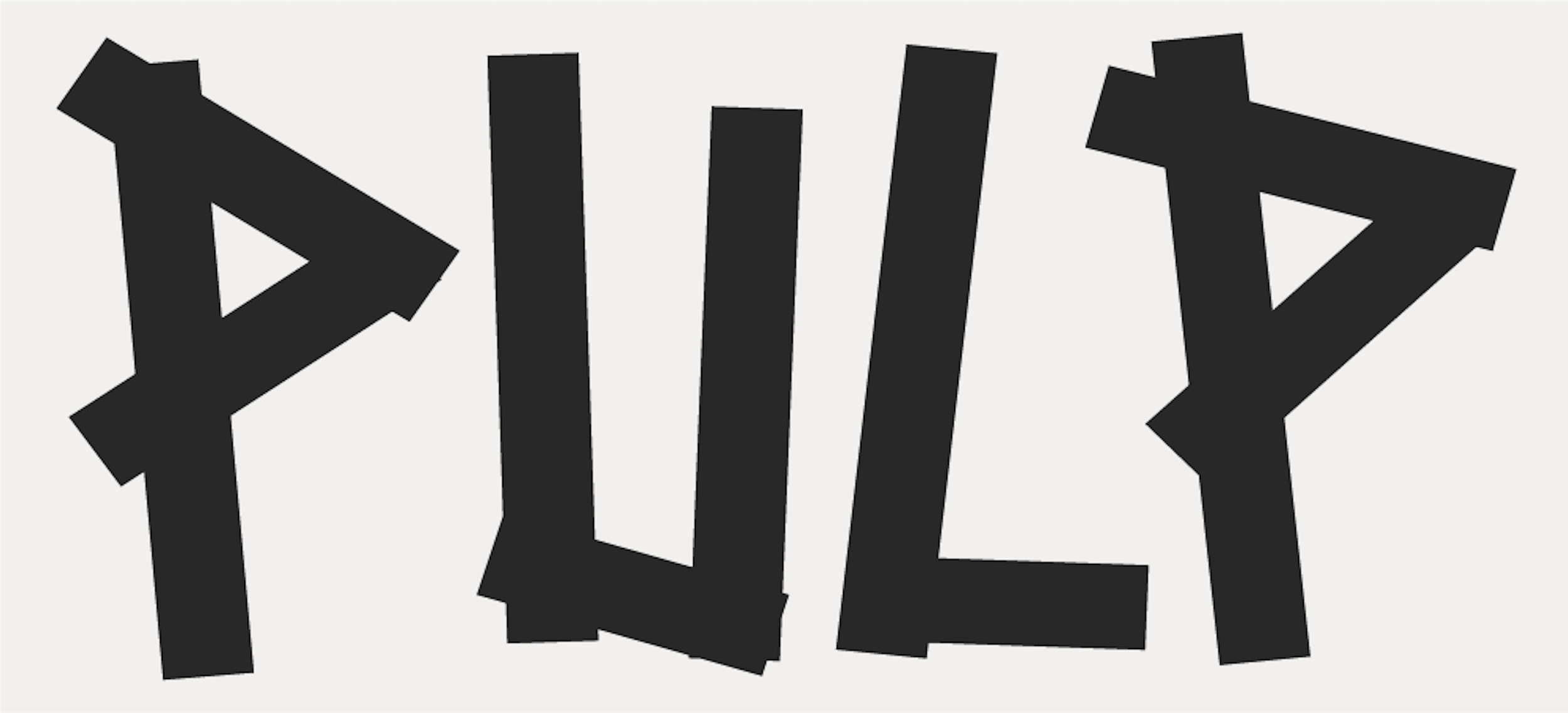Suicide glorified: the serious issue with 13 Reasons Why
WORDS BY BELLA GOOCH
It’s easy to see why 13 Reasons Why is the show that everyone is talking about. Equal parts dark and confronting, the Netflix original tackles head-on the otherwise untouched issue of teenage suicide in a way that makes it difficult to press pause. Striking the chord of empathy, the dramatization of the high school experience and all its pitfalls feels undeniably real, and with the Instagram generation’s sweetheart Selena Gomez at the helm as executive producer, viewers have understandably come flocking.
Like countless others, I found myself unable to resist the allure of the latest Netflix gem, and revelled at the idea of an uninterrupted Easter weekend binge watch. Yet as I settled in for Tape One, Side A, I really had no idea what I was getting myself into.
I had high hopes for 13 Reasons Why. Here was the perfect opportunity for pop culture to instigate an open dialogue on an issue which, despite its overwhelming prevalence, remains largely taboo. In Australia alone, suicide is the biggest killer of people aged 15 to 44 and according to Lifeline the current figures equate to eight deaths by suicide every day. There’s no way to describe how it feels to watch someone you love grappling with suicidal thoughts or compulsions short of heartbreaking, and that doesn’t even begin to scratch the surface of what’s really going on for the person suffering. I’m not alone in having borne witness to the devastation of anxiety, depression and suicide, and yet the stigma of weakness remains. It’s a conversation that on the whole we refuse to have.
13 Reasons Why has certainly ignited that conversation, but from where I stand, it’s done so for all the wrong reasons. From the outset, something about the denunciations in Hannah Baker’s confessional tapes didn’t sit well with me. The listeners are ominously warned, “Don’t take me for granted. Not again,” establishing the rules of what becomes some sort of twisted game. I’m not inclined to feel upset or even remotely empathetic that Hannah has suicided, but rather morbidly curious and apprehensive about what’s to come as a result. Not long after that did it become clear that this was about more than calling out her classmates for bullying and harassment. This was about revenge.
Aside from the glaringly obvious dangers of romanticising suicide as the ultimate revenge against bullies in a show marketed at teenagers, the treatment of mental health and self-harm in 13 Reasons Why is downright irresponsible. Little to no mention of the dire state of Hannah’s mental health is made at all throughout the series, short of a few immaterial, throwaway comments. There’s no discussion of depression, how to recognise it in yourself or in others, nor is any meaningful alternative to suicide posited. Support networks are either non-existent or ridiculed for their ineptitude, and alarmingly Hannah only regains agency and the semblance of mental fortitude in the face of her pending death.
By no means am I suggesting that what happens to Hannah throughout the show is not utterly deplorable, and for its condemnation of the misogynistic attitudes and rape culture that permeate the lives of young women today 13 Reasons Why is to be applauded. Yet to overlook the inexorable link between mental health and suicide seems incredibly negligent, and I’m not alone in this view. Only yesterday, Headspace Australia issued a content warning concerned with the explicit nature of the final episode in which Hannah is shown self-harming, stating that exposure to such graphic images of suicide has been shown to increase the risk of “possible suicide contagion.” The scene of a teenage girl bleeding out in a bathtub is nothing short of utterly horrifying, and when viewed in light of the previous twelve episodes in which the characters are more concerned with how they are portrayed on tape than the reality of Hannah’s suicide, 13 Reasons Why has serious problems.
Yes, it has certainly created a dialogue about mental health, but not the one we needed: the endless stream of memes flooding my newsfeed which satirise Hannah and the tapes attests to that. Whether this is a greater indictment on the show itself or the nature of the social media generation remains to be seen.
